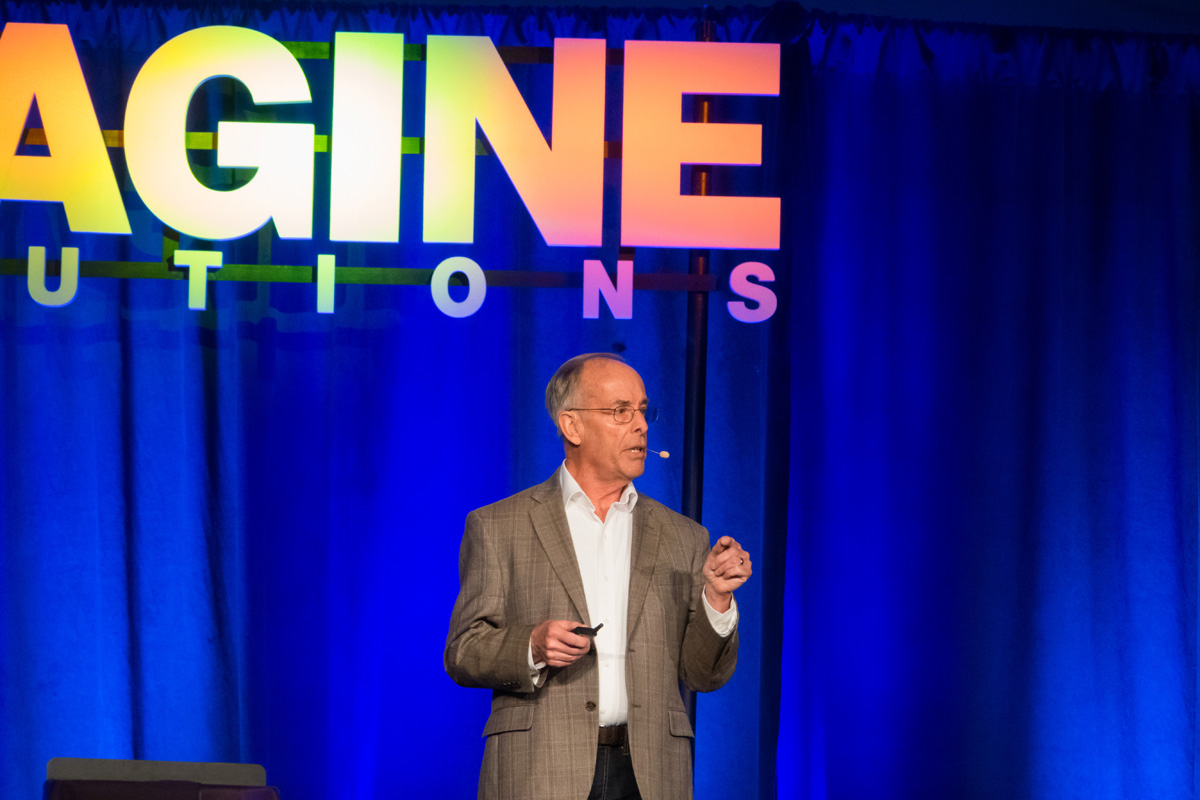Lee Rainie is the Director of Internet and Technology Research at Pew Research Center. Under his leadership, the Center has issued more than 650 reports based on its surveys that examine people’s online activities and the Internet’s role in their lives. The American Sociological Association gave Rainie its award for excellence in the reporting on social issues, in 2014 and described his work as the most authoritative source of reliable data on the use and impact of the Internet and mobile connectivity.
In summer 2017, Pew’s Lee Rainie along with Elon University’s Imagining the Internet Center, co-authored a report examining the future of truth. More than 1,100 Internet and technology experts responded to a series of questions tied to the following theme: Will trusted methods emerge over the next 10 years to block false narratives and allow the most accurate information to prevail in the overall information ecosystem? Results were evenly split: 51% said the information environment will not improve, while 49% expect things to get better. According to Rainie, both camps of experts share the view that the current environment allows ˜fake news’ and weaponized narratives to flourish, but they disagree about which side comes out on top in the escalating arms race: those who exploit human vulnerabilities with Internet-speed manipulation tactics or those who create objective, verified information and reliable delivery systems for it. Many urged more literacy efforts to help people differentiate fact from falsehood.
Rainie is a co-author of Networked: The New Social Operating System and five books about the future of the Internet that are drawn from the Center’s research. Prior to launching Pew Research Center’s technology research in 1999, Rainie was managing editor of U.S. News & World Report. He is a graduate of Harvard University and has a master’s degree in political science from Long Island University.



